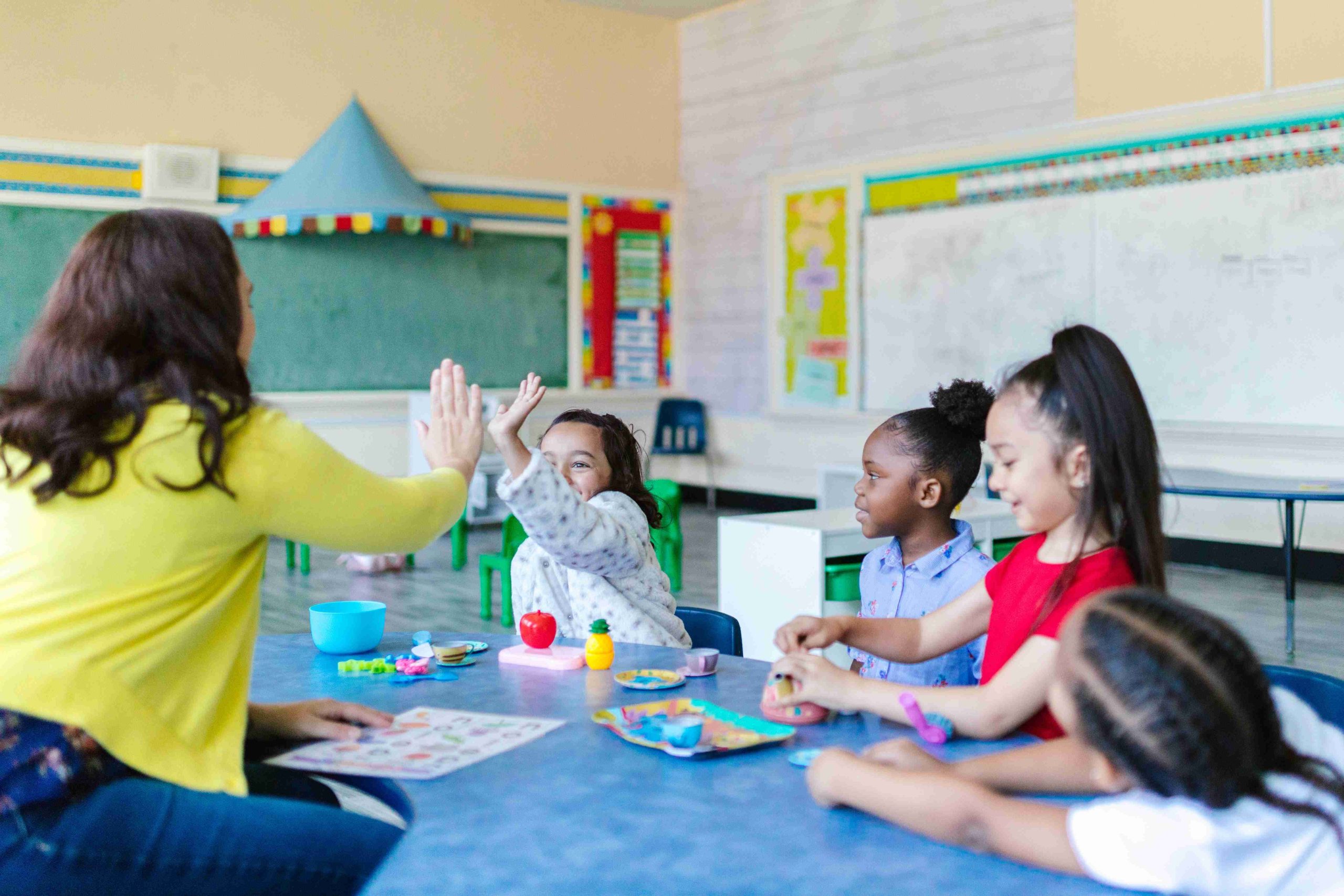
The Nature of Preschoolers’ Companionship
Preschoolers’ sense of companionship is characterized by their desire to be with others and to interact with them. At this age, preschoolers are still developing their language skills, so their interactions with others tend to be more physical and based on shared experiences rather than verbal communication. Preschoolers tend to engage in play-based activities such as building blocks, drawing, and imaginative play, and they enjoy sharing these experiences with others. Companionship during this stage is not based on the depth of relationships, but rather on the enjoyment of being with others.
The Importance of Companionship in Preschoolers
Companionship plays a crucial role in the social development of preschoolers. It helps them develop a sense of belonging and connection to others, which is essential for emotional regulation and mental health. Preschoolers who have strong companionship with others tend to be more confident, have better self-esteem, and are more resilient to stress. Companionship also fosters the development of social skills such as communication, cooperation, and problem-solving.
Factors That Influence Preschoolers’ Companionship
Several factors influence preschoolers’ sense of companionship. The first is their temperament, which refers to their natural disposition and emotional reactivity. Preschoolers who are more outgoing, sociable, and adaptable tend to form companionship more easily than those who are introverted, shy, or easily overwhelmed. The second factor is their family environment, which includes the quality of their relationship with their parents and siblings. Preschoolers who have positive relationships with their family members tend to be more secure and confident, which facilitates their ability to form a companionship with others. The third factor is their social context, which refers to the quality of their interactions with peers, educators, and caregivers. Preschoolers who are in supportive, nurturing, and stimulating environments tend to have more positive social experiences, which foster their sense of companionship.
Strategies for Supporting Preschoolers’ Companionship
Parents, caregivers, and educators can support preschoolers’ sense of companionship through several strategies. The first is to create a nurturing and stimulating environment that promotes positive social experiences. This includes providing opportunities for play-based activities, facilitating interactions with peers, and modeling positive social behavior. The second strategy is to support the development of social skills such as communication, cooperation, and problem-solving. This can be done through games, role-playing, and other interactive activities. The third strategy is to support emotional regulation and mental health, which is essential for healthy social development. This includes providing a safe and supportive environment for expressing emotions, promoting healthy sleep and exercise habits, and fostering a positive sense of self.
Challenges in Supporting Preschoolers’ Companionship
Despite the importance of companionship in preschoolers, there are several challenges in supporting its development. One of the main challenges is the impact of the pandemic, which has disrupted social interactions and limited opportunities for socialization. This has resulted in many preschoolers experiencing social isolation, which can have long-lasting effects on their social development. Another challenge is the diversity of preschoolers’ needs and backgrounds. Some preschoolers may require additional support to develop their social skills, while others may require more opportunities to form a companionship with others. Finally, the pressure to meet academic goals and standards can sometimes take priority over the development of social skills, which can have negative consequences for preschoolers’ overall development.
The Role of Technology in Preschoolers’ Companionship
In recent years, technology has become an increasingly prevalent aspect of modern life, and this has also affected the way preschoolers form a companionship with others. While technology can offer many benefits, such as facilitating communication and providing educational resources, it can also present challenges for preschoolers’ social development. For example, excessive screen time can interfere with the development of social skills, emotional regulation, and mental health.
However, technology can also be used to support preschoolers’ sense of companionship when used appropriately. For example, video calls can provide opportunities for preschoolers to connect with family and friends who are not physically present, and interactive games and apps can facilitate social interactions and skill development.
It is essential to balance the use of technology with other forms of social interaction, such as face-to-face play, and to ensure that technology use is age-appropriate, safe, and monitored. Parents, caregivers, and educators can support preschoolers’ companionship by using technology in a way that enhances their social development and by modeling positive screen use habits.


